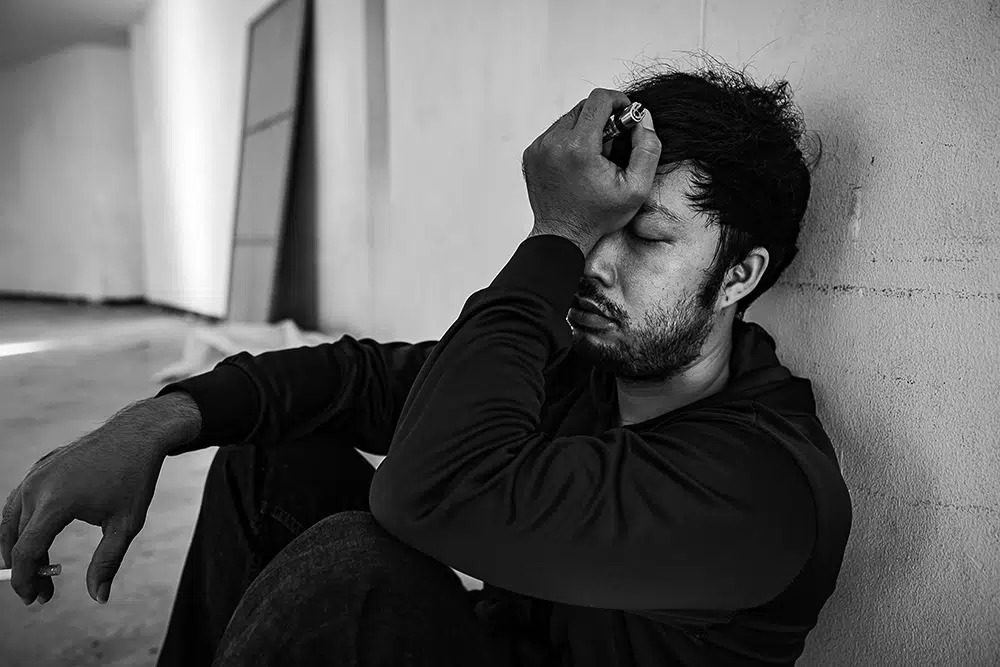Prescription Drugs Definition
Substance abuse disorders are common in the United States. Americans regularly abuse and misuse prescription drugs. In fact, 18 million Americans misuse prescription drugs annually. The prescription drugs definition isn’t complex: prescription medications include all substances that can legally be administered and prescribed by your doctor. Unfortunately, prescription drugs, like illicit substances, carry the risk of abuse and dependency.
Prescription Drugs Definition Read More »
















